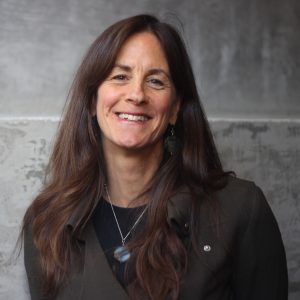The year 2020 marks the 50th anniversary of Earth Day. According to the Earth Day 2020 website:
The first Earth Day in 1970 mobilized millions of Americans for the protection of the planet. On April 22, 1970, 20 million Americans — 10% of the U.S. population at the time — took to the street, college campuses, and hundreds of cities to protest environmental ignorance and demand a new way forward for our planet. The first Earth Day is credited with launching the modern environmental movement.
Earth Day is now recognized as the planet’s largest civic event and it led to passage of landmark environmental laws in the United States, including the Clean Air, Clear Water and Endangered Species Acts. Many countries soon adopted similar laws, and in 2016, United Nations chose Earth Day as the day to sign the Paris climate agreement into force.
“Despite that amazing success and decades of environmental progress, we find ourselves facing an even more dire, almost existential, set of global environmental challenges, from loss of biodiversity to climate change to plastic pollution, that call for action at all levels of government,” said Denis Hayes, the organizer of the first Earth Day in 1970 and Earth Day Network’s Board Chair Emeritus.
“Progress has slowed, climate change impacts grow, and our adversaries have become better financed,” said Earth Day Network president Kathleen Rogers. “We find ourselves today in a world facing global threats that demand a unified global response. For Earth Day 2020, we will build a new generation of environmentalist activists, engaging millions of people worldwide.”
What will you be doing on the 50th anniversary of Earth Day? Clearly we all need to do something. But what? How will you engage? Maybe you will take to the streets, protest, engage, do your small part — but is that enough?
If that’s not enough for you, if you want to be able to make real and lasting change, consider committing to educating, empowering, and equipping yourself to understand and then create innovative design-driven solutions to the dire threats that we are facing. If you want to do this conveniently (e.g. keep your job), consider MCAD’s fully online MA in Sustainable Design program.
Our program was created for busy working professionals who are passionate about sustainability. The program enlists a global community of students and world-class instructors working together to push the sustainability envelope forward across a variety of disciplines and industries.
This program is ideal for students who are seeking a deep understanding of the cutting-edge theories, practical applications, and leadership strategies of sustainable design in order to forge new paths in this continually evolving field.
Just 30 credits and 5 semesters stand between you and your Master’s. Complete the fully online program anytime, anywhere.
Have more questions? Feel free to contact me so we can discuss your passion and if this program is a good fit for you.

